While the Indian government is trying its best to tackle the pandemic by making it their priority, there are high chances that the mosquitoes might become a big concern for all of us.
April is the start of the breeding season for the drain-borne Culex mosquitoes and officials have started receiving complaints of mosquito menace from residents.
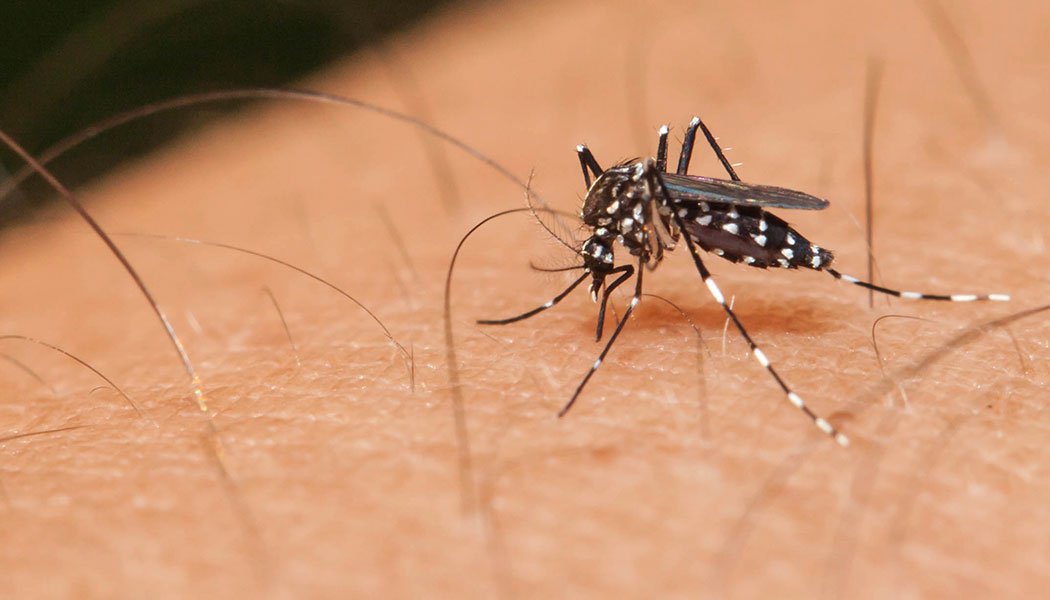
Unlike every year, when the field workers (FWs) of civic agencies undertake drives to kill mosquito larvae in drains and ponds, this year might be different when most of these workers are busy spraying disinfectants, to contain coronavirus.
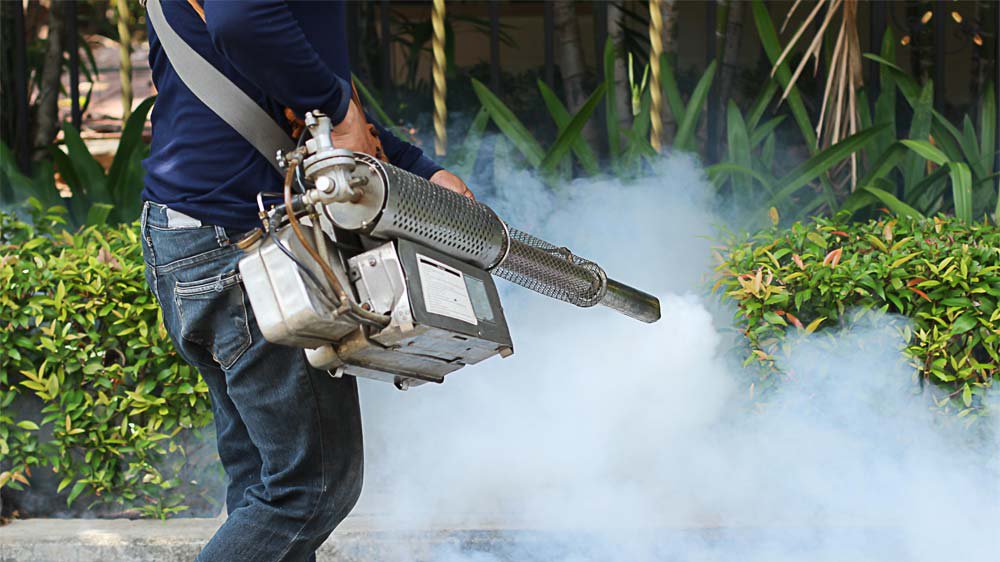
Equipped with backpacks and 6,000-litre tanks, workers used spray chemicals like BTI (bacillus israelensis), temephos emulsifier and diflubenzuron to contain the mosquito growth.
At present, besides undertaking sanitisation drives and tracing Covid-19 patients, the sanitation staff is working at 10% below its total capacity. Many field workers and domestic breeding checkers (DBC), who primarily destroy larvae in coolers and water tanks in households, are unable to reach their work stations due to the lockdown.
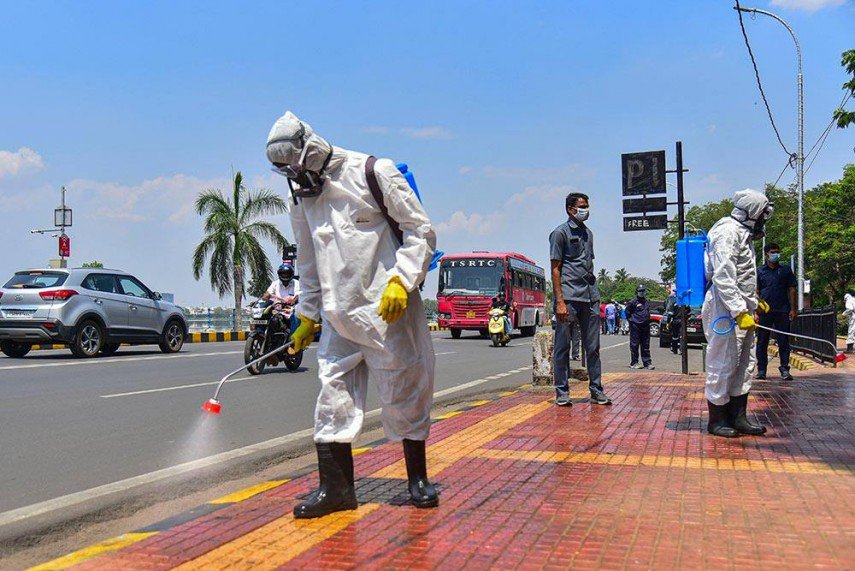
The three municipal corporations of Delhi employ around 5,000 FWs and DBCs, who are the front-line workers to contain the spread of vector-borne diseases such as dengue, malaria and chikungunya.
These two posts were created after a massive dengue outbreak in Delhi in 1996, which affected 10,252 people and caused 423 deaths.
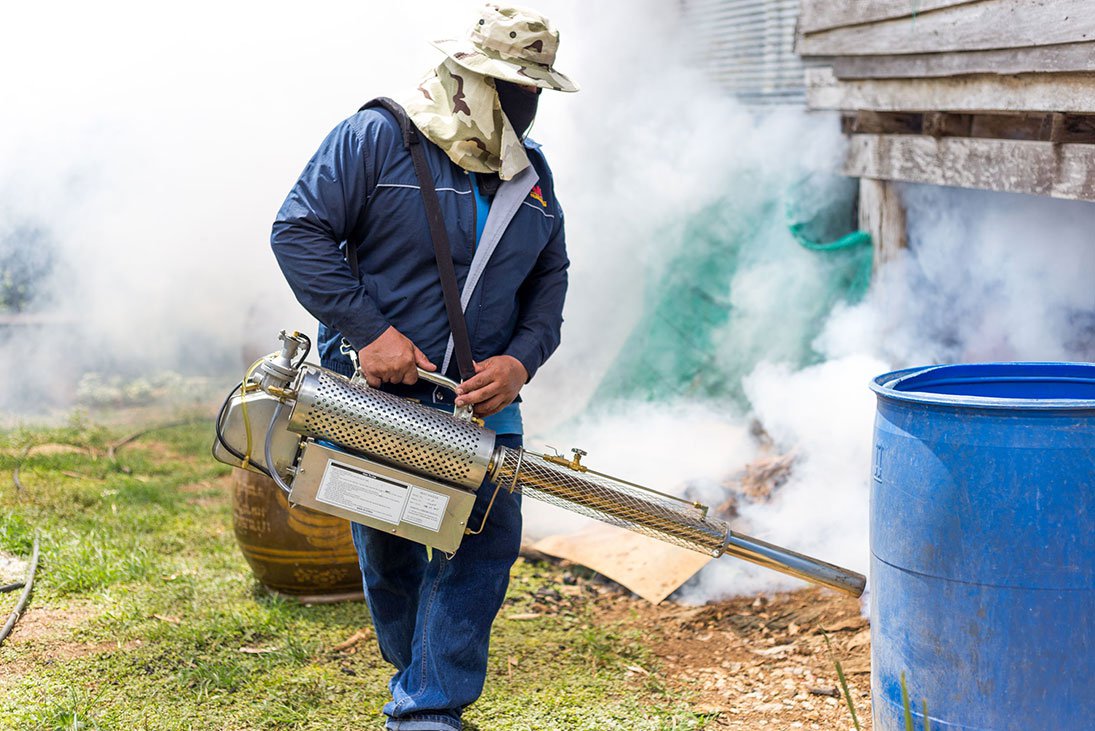
Unlike the malaria-causing Anopheles or dengue-causing Aedes Aegypti, the Culex in Delhi is not known to cause any disease. Both Anopheles and Aedes breed in freshwater, such as in puddles formed during monsoon, and not in drains.
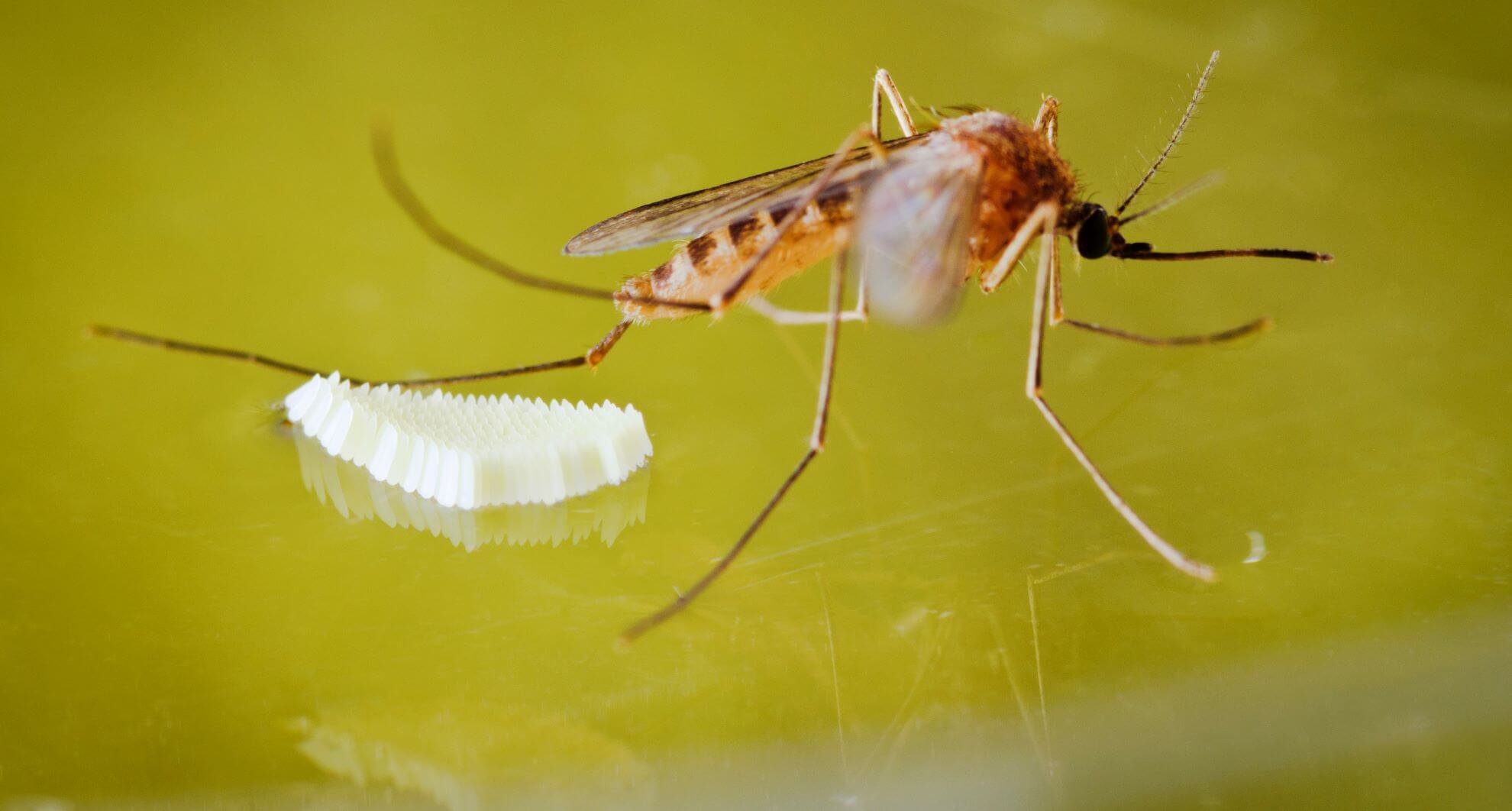
Culex is infamous for its nuisance value only. However, Culex is definitely responsible for causing several hundred cases of Japanese encephalitis and filariasis in eastern Uttar Pradesh and Bihar. Migrants from these areas are always coming to Delhi for work opportunities and there is always a chance of these diseases arriving in Delhi too with them, via the Culex.
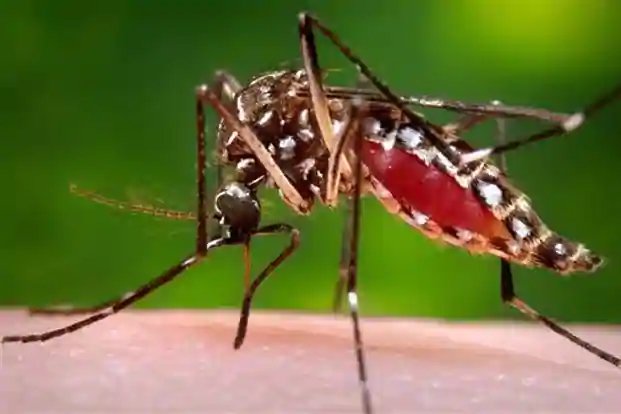
In his interview Municipal health officer (MHO) with the East Delhi Municipal Corporation (EDMC), Dr Somashekhar, said even the DBCs who are undertaking drives to check mosquito breeding are facing problems. He said:
People are not opening the gates. They are obviously scared that our workers, who are out in the public, may be carrying the virus. So our FWs are passing on instructions to residents at the gates. We (the authorities in headquarters) have also shot letters to group housing societies today that in such paralysing conditions, they will have to ensure that water doesn’t collect anywhere on their premises, in coolers or puddles.
While we are already trying to stop the spread of diseases caused by the Novel Coronavirus, added to this, mosquito borne disease might lead to a larger crisis that we may not be able to handle.

















